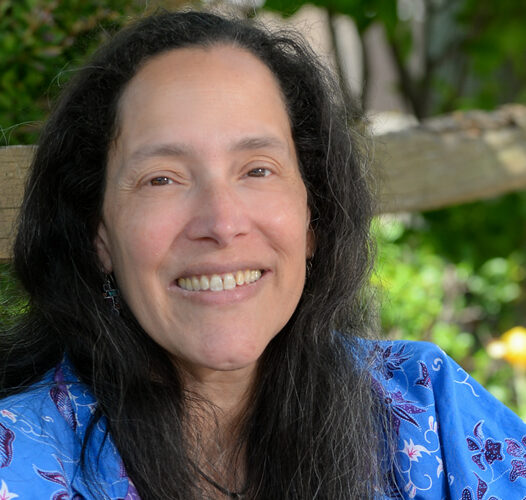Dr. Hilary Weaver
This episode features Dr. Hilary Weaver speaking at the Fourth International Interdisciplinary Conference on Clinical Supervision, convened in Buffalo, NY, Spring 2008. Dr. Weaver discusses diversity issues in the context of supervision, highlighting the Transactional Model of Identity and the critical role supervisors have in promoting, modeling, and developing cultural competence within human service organizations.





